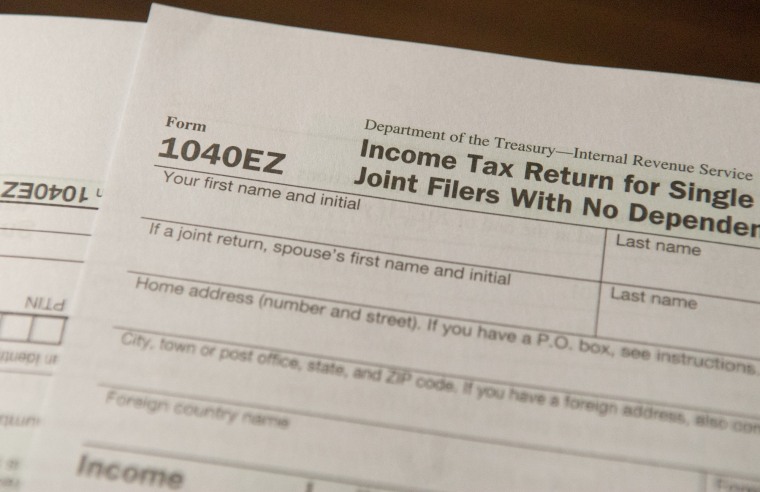Taxpayers, it's time to sharpen your pencils.
Between uncertain tax breaks and the Affordable Care Act, the end of the year is again bringing a complicated set of tax considerations. The moves you make now will have a decided effect on your tax bill for 2014.

Alison Flores, a principal at The Tax Institute at H&R Block, said the Affordable Care Act is one of the more noticeable wrinkles in tax filing this year. If you and your family have had health insurance all year, you will only have to check a box on a form. But if you lacked insurance for some or all of the year, or went through the marketplace and received a tax credit, your tax bill may be affected. There are also provisions relating to flexible spending accounts, and more.
H&R Block has an online Affordable Care Act tax calculator that can help you sort out the impact of the new law on you, as does the Tax Policy Center at the Urban Institute and the Brookings Institution.
Another challenge for taxpayers getting to work early on year-end tax moves is the uncertainty in Washington. A number of tax breaks expired at the end of 2013 for things like charitable distributions from IRAs, some state and local sales taxes, and even teachers' classroom supplies.
The House voted on Dec, 3 to extend those tax breaks until Dec. 31, but the Senate has yet to vote on the measure, and Congress is aiming to adjourn for the year at the end of this week.
Read MoreHouse votes to extend tax breaks through December
In addition to considering changed and new provisions, don't forget to revisit tried and true ways of reducing your tax bill. For starters, in a year when stocks perform well, like 2014–with the S&P 500 up more than 12 percent as of Dec. 5–it can pay to sell some underwater investments, generating losses that can offset capital gains. The maximum capital gains rate for 2014 will be 23.8 percent, including 3.8 percent related to the Affordable Care Act.
"We look at particularly good years where individuals have maybe had financial investments that have appreciated (and) would like to take the benefit of this appreciation and sell," said Bill Ringham, a senior wealth strategist at RBC Wealth Management. There is an "opportunity to look to liquidate losses to offset gains that they may have in their portfolios," he added. And if you overshoot on the loss side, you're allowed to carry forward up to $3,000 in capital losses to offset gains in the future.
Read MoreThe 10 worst states for taxes in 2014
It's also important to make sure you have contributed everything you want to retirement accounts, Flores said. The maximum contribution allowed to a 401(k) for 2014 is $17,500, though taxpayers over age 50 can contribute up to an additional $5,500. IRA contributions are limited to $5,500—or $6,500 for those over 50. (Note that you can continue to contribute up to April 15, 2015.)
For some taxpayers, it can make sense to calculate their effective tax rate–all the taxes they pay divided by their income–to determine what type of retirement account makes the most sense.
If you expect to be in a lower tax bracket when you retire, for example, you can benefit from a 401(k) since any taxes you pay on the funds will be paid at a lower rate. But if you expect your tax bracket to rise later in life, you may want to consider a Roth IRA, since you can pay the taxes on the funds now and enjoy tax-free distributions in retirement.
It's also prudent to use up flexible spending accounts by the end of the year on eligible expenses. And charitable contributions can reduce that April tax bite and provide some holiday cheer as well.
Read More6 ways to lower your 2014 tax bite
Taxes are never simple, and this year is no exception. But a little advance work can ease the pain.